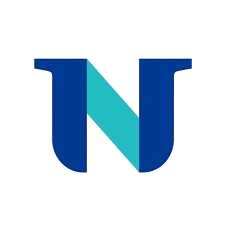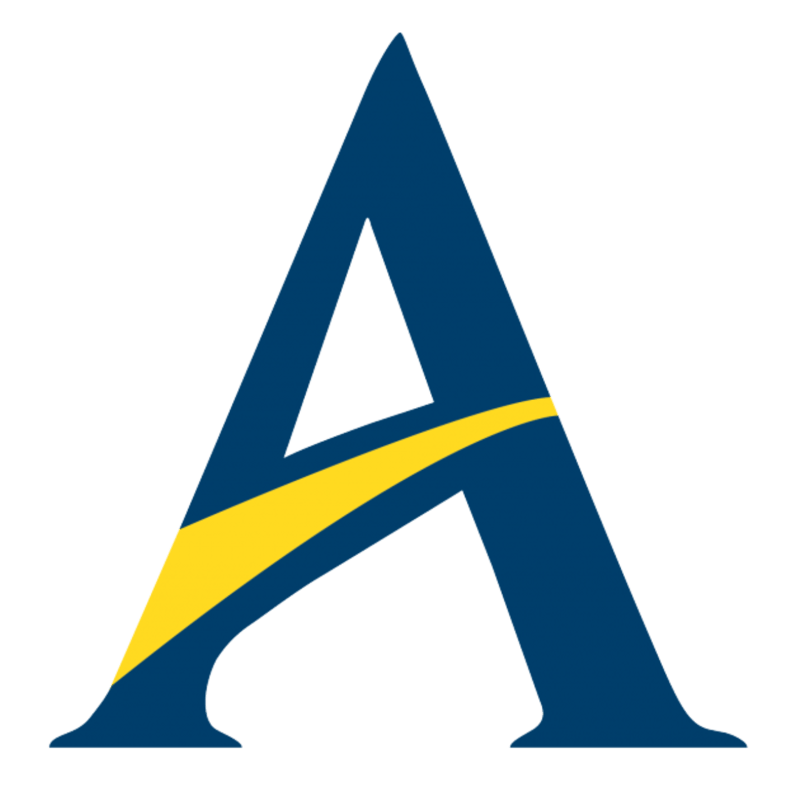
No cost info

Financial aid (may be available)

No cost info

No cost info
$89 total
No cost info
$600 total

No cost info
$3,902 total
Are you interested in helping individuals struggling with substance abuse? Do you have a compassionate nature and a desire to make a positive impact on people's lives? If so, a career in drug and alcohol counseling may be the perfect fit for you. In this blog post, we will explore the steps to becoming a drug and alcohol counselor, what to expect from the training process, and how to find related job opportunities in Washington.

Drug and alcohol counseling is a specialized field within the broader field of counseling. It involves working with individuals who are dealing with addiction issues and helping them overcome their dependence on drugs or alcohol. As a drug and alcohol counselor, you will play a crucial role in supporting and guiding individuals through their recovery journey.
Drug and alcohol counseling is a profession that focuses on helping individuals who are struggling with substance abuse issues. The goal of drug and alcohol counseling is to provide support and guidance to individuals as they navigate the challenges of addiction and work towards recovery. Drug and alcohol counselors may work in a variety of settings, including hospitals, treatment centers, and community organizations.
To become a drug and alcohol counselor in Washington, you will need to complete the necessary training and education requirements. The specific requirements may vary depending on the level of certification you are seeking, but generally, the following steps are involved:
Education: Most drug and alcohol counseling programs require a minimum of a high school diploma or GED. However, some programs may have additional educational requirements, such as a bachelor's or master's degree in counseling or a related field.
Training: In addition to formal education, aspiring drug and alcohol counselors must complete a certain number of training hours. This training is designed to provide students with the knowledge and skills necessary to work effectively with individuals dealing with addiction issues.
Certification: After completing the required education and training, individuals must apply for certification through the Washington State Department of Health. The certification process typically involves passing an exam and meeting certain experience requirements.
When searching for drug and alcohol counseling classes in Washington, there are several factors to consider. Here are some key things to look for:
Accreditation: Make sure that the program you choose is accredited by a recognized accrediting body. Accreditation ensures that the program meets certain standards of quality and that the education and training you receive will be recognized by employers.
Curriculum: Review the curriculum of the program to ensure that it covers all the necessary topics and skills required for drug and alcohol counseling. Look for courses that cover addiction theory, counseling techniques, and ethical considerations.
Practical Experience: Find out if the program offers opportunities for hands-on, practical experience. Practical experience is essential for developing the skills and competencies needed to work effectively as a drug and alcohol counselor.
Faculty: Research the qualifications and experience of the faculty members teaching the program. Look for instructors who have real-world experience in the field and who are knowledgeable about current best practices in drug and alcohol counseling.
Drug and alcohol counseling classes typically involve a combination of classroom instruction and practical experience. Here's what you can expect from the day-to-day class:
Classroom Instruction: You will attend lectures and participate in discussions on topics such as addiction theory, counseling techniques, and treatment modalities. You will learn about the physiological and psychological aspects of addiction, as well as the impact of addiction on individuals and their families.
Practical Experience: Many drug and alcohol counseling programs include a practicum or internship component. During this time, you will have the opportunity to apply the knowledge and skills you have learned in a real-world setting under the supervision of experienced professionals.
Group Work: Group work is a common component of drug and alcohol counseling classes. You will have the opportunity to participate in group therapy sessions, where you will learn how to facilitate discussions and support individuals in their recovery process.
After completing the necessary education and training, you will need to go through the certification process to become a drug and alcohol counselor in Washington. The certification process typically involves the following steps:
Application: Submit an application to the Washington State Department of Health, along with any required documentation and fees.
Exam: Pass the required exam, which tests your knowledge and understanding of drug and alcohol counseling principles and practices.
Experience: Meet the required experience hours, which may vary depending on the level of certification you are seeking. This typically involves working under the supervision of a licensed drug and alcohol counselor.
Once you have obtained your certification as a drug and alcohol counselor, you will be ready to start your career in the field. Here are some tips for finding related job opportunities in Washington:
Networking: Reach out to professionals in the field and attend networking events to make connections and learn about job openings.
Online Job Platforms: Utilize online job platforms, such as Indeed, to search for drug and alcohol counseling positions in your area.
Community Organizations: Contact local hospitals, treatment centers, and community organizations to inquire about job opportunities.
Professional Associations: Join professional associations, such as the Washington Association of Alcoholism and Addiction Programs, to access job boards and networking opportunities.
Once you have become a certified drug and alcohol counselor, there are additional classes you may consider taking to further enhance your skills and knowledge. Some options include:
Mental Health Counseling: This class will provide you with the skills and knowledge to work with individuals who have co-occurring mental health and substance abuse disorders.
Trauma-Informed Care: This class focuses on understanding and addressing the impact of trauma on individuals with substance abuse issues.
Family Therapy: This class will teach you how to work with families affected by addiction and provide support to both the individual struggling with addiction and their loved ones.
Becoming a drug and alcohol counselor can be a rewarding and fulfilling career choice. By helping individuals overcome their addiction and supporting them on their journey to recovery, you can make a positive impact on their lives and the lives of their families. If you are considering a career in drug and alcohol counseling, be sure to research the training requirements, find a reputable program, and take advantage of networking opportunities to find related job opportunities in Washington.
Consider Dreambound as a valuable resource if you're thinking about getting started in this field. We've written many guides to help with the different parts of the certification process across the country:
Contemplating a transition in your career or exploring various professional paths? Dreambound has written many guides to help you in making informed decisions. Here are a few:
Dreambound's platform allows prospective students to find the right educational program for them through searching, filtering, and connecting with our extensive selection of career & technical education partners.
Dreambound has over 70 programs across healthcare, technology, business, and industrial trades. This includes programs such as Medical Billing, Cybersecurity, and welding.
Some of our schools offer financial aid for those who qualify. Many others offer payment plans, where you can pay the cost of class over time.
Yes, Dreambound offers many online programs. On Dreambound's search, you can filter by online, in-person, and hybrid (part online, part in-person).
Dreambound is completely free for you to use! We are supported by schools and organizations who pay to advertise on our website, so we can offer all of our career resources for free.